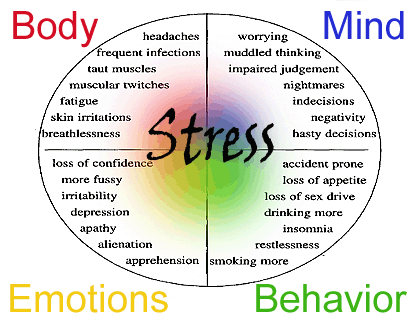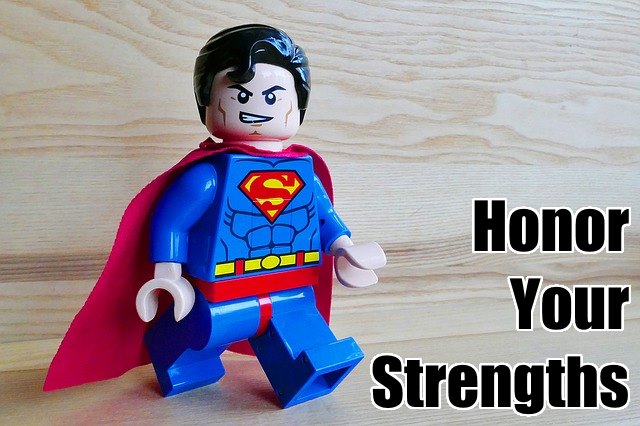Some level of stress is unavoidable in life, but we don’t have to feel stressed all of the time.
We can often prevent stressful incidents and decrease our negative reactions to stress. In fact, many times all we have to do to reduce our stress is to acknowledge that it is there.
But in many areas of our lives, there are certain steps we can and should take in order to manage stress effectively.
Managing Time to Manage Stress
 Time management skills can allow you more time with your family and friends and possibly increase your performance and productivity. This will help reduce your stress.
Time management skills can allow you more time with your family and friends and possibly increase your performance and productivity. This will help reduce your stress.
To improve your time management:
- Save time by focusing and concentrating, delegating, and scheduling time for yourself.
- Keep a record of how you spend your time, including work, family, and leisure time.
- Prioritize your time by rating tasks by importance and urgency. Redirect your time to those activities that are important and meaningful to you.
- Manage your commitments by not over- or undercommitting. Don’t commit to what is not important to you.
- Deal with procrastination by using a day planner, breaking large projects into smaller ones, and setting short-term deadlines.
- Examine your beliefs to reduce conflict between what you believe and what your life is like.
Build Healthy Coping Strategies
It is important that you identify your coping strategies. One way to do this is by recording stressful events, your reaction, and how you cope in a stress journal.
With this information, you can work to change unhealthy coping strategies into healthy ones – those that help you focus on the positive and what you can change or control in your life.
Lifestyle Changes to Deal With Stress
 Some behaviors and lifestyle choices affect your stress level. They may not cause stress directly, but they can interfere with the ways your body seeks relief from stress. Try to:
Some behaviors and lifestyle choices affect your stress level. They may not cause stress directly, but they can interfere with the ways your body seeks relief from stress. Try to:
- Balance personal, work, and family needs and obligations.
- Have a sense of purpose in life.
- Get enough sleep, since your body recovers from the stresses of the day while you are sleeping.
- Eat a balanced diet for a nutritional defense against stress.
- Get moderate exercise throughout the week.
- Limit your consumption of alcohol.
- Don’t smoke.
Social Support
Social support is a major factor in how we experience stress. Social support is the positive support you receive from family, friends, and the community.
It affirms to you that you are cared for, loved, esteemed, and valued. More and more research indicates a strong relationship between social support and better mental and physical health.
Ways of Thinking – To Deal With Situations Better
When an event triggers negative thoughts, you may experience fear, insecurity, anxiety, depression, rage, guilt, and a sense of worthlessness or powerlessness.
These emotions trigger the body’s stress, just as an actual threat does. Dealing with your negative thoughts and how you see things can help reduce stress.
- Thought-stopping helps you stop a negative thought to help eliminate stress.
- Disproving irrational thoughts helps you to avoid exaggerating the negative thought, anticipating the worst, and interpreting an event incorrectly.
- Problem solving helps you identify all aspects of a stressful event and find ways to deal with it.
- Changing your communication style helps you communicate in a way that makes your views known without making others feel put down, hostile, or intimidated. This reduces the stress that comes from poor communication.
- Use the assertiveness ladder to improve your communication style.
In 2015, an analysis showed that CBD continued to reduce stress. The study referred to CBD as, “a potential treatment for anxiety disorders.” These disorders might include SAD, post-traumatic stress disorder (PTSD), panic disorder, obsessive-compulsive disorder (OCD), and generalized anxiety disorder.
Anybody can get stressed. You don’t have to have a high powered job or any job at all. In fact, being unemployed is stressful in itself.
Whether you’re the mail guy, the CEO, or the average parent, stress is going to affect you from time to time. How you deal with it is what counts.




